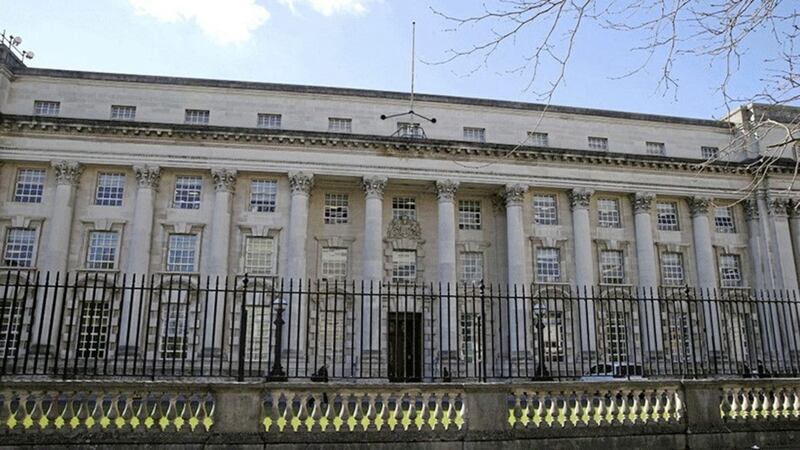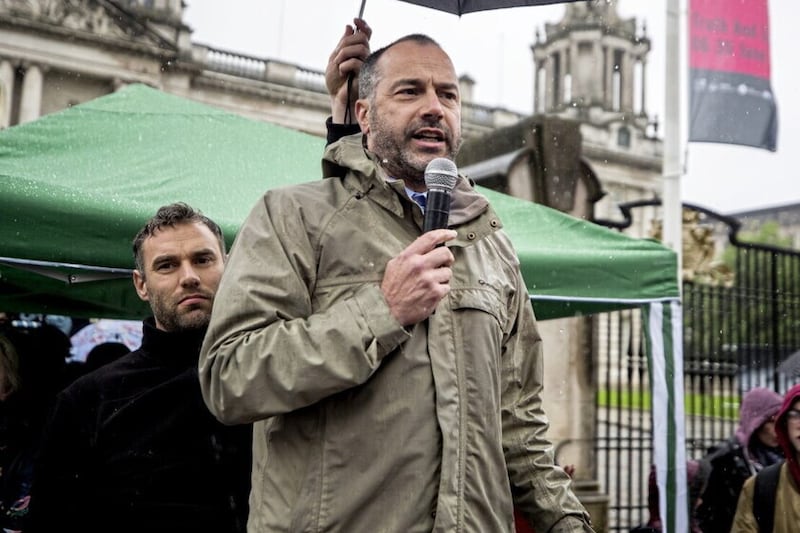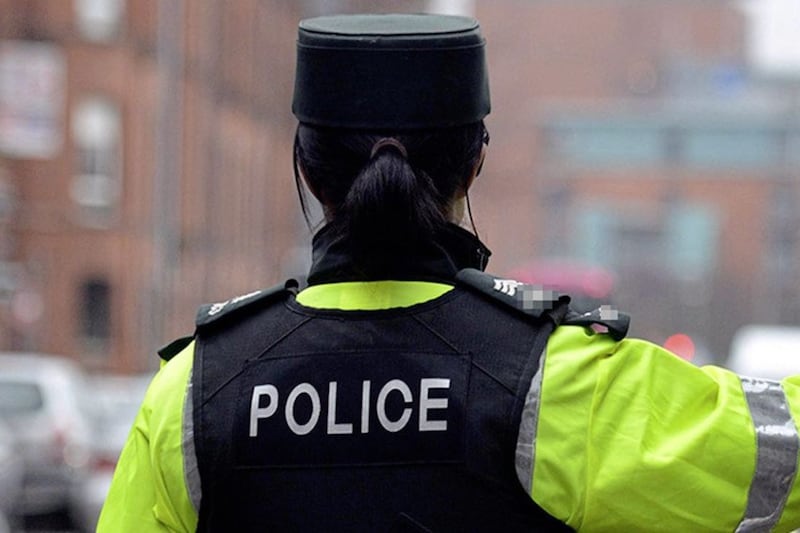THE PSNI "failed to implement" legal requirements for `stop and search' powers relating to children, the Court of Appeal has found.
Judges made the finding in a case brought by a young woman who as 16 when she and her brother were passengers in a car their father was driving in December 2017.
Officers stopped the car following an intelligence briefing on her father.
Her case acknowledged "there was no challenge to the intelligence briefing information being an appropriate basis for the stop and search of the father and the vehicle", but argued the use of the powers on children "without reasonable suspicion" broke her Article 8 European Court of Human Rights (ECHR) protection - `right to respect for private and family life'.
She also claimed the PSNI acted contrary to section 6 of the Human Rights Act and Article 14 of ECHR by failing "to ensure different treatment for children" and under section 53(3) of the Justice (NI) Act 2002 "to have the best interests of children as a primary consideration".
The court said police leaders are aware "of the detrimental effect upon children and young people from encounters with police that are perceived as oppressive and disrespectful".
The judges heard a review of stop and search training carried in 2017 found "gaps... existed in relation to developing officers' understanding and skills in relation to potential stop and search encounters with children and young people".
The court was told "training now specifically incorporates exercises in relation to the treatment of children" and officers must use Body Worn Video when stopping and searching children, young and vulnerable people, and also do a Community Impact Assessment.
A report last April by the independent reviewer said the chief constable "had recognised that if stop and search powers were used arbitrarily and excessively in respect of minors it could have an effect on confidence in and support for the PSNI".
Before the hearing, the PSNI "accepted that there was a legal duty to record the trigger for the search" and it has reprogrammed Blackberry devices used by officers with a "searchable database" of reasons for searching children.
Judges said recording the trigger is to "protect against arbitrary use of the power" and absence of such information "prevented appropriate monitoring and supervision of the use of these powers in respect of children and young people".
They said "monitoring and supervising to confirm the proportionate and necessary use of the powers was particularly important in relation" to children and young people.
However, "the case made on Article 14 within the ambit of Article 8 was based on the proposition that children and young people were treated like adults... is plainly wrong".
The court concluded that "the arrangements put in place for the exercise of stop and search powers under the 2007 Act were in accordance with law but accepted that the PSNI failed to implement that scheme".
As "the PSNI has now altered its position... (judges) did not consider... that any declaration is required" and dismissed the remaining grounds of appeal.
In December the PSNI apologised to 115 people - including three people under 18 - who were stopped and searched between July 30 and August 11 by officers acting without correct authorisation.







